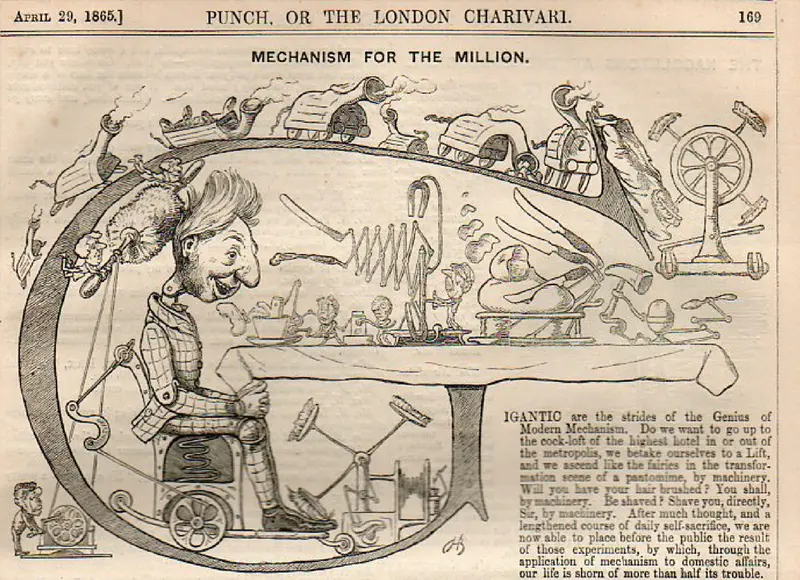
Explore Human Distinctiveness in the Era of AI
October 19, 2023
Ever since the birth of ChatGPT, discussions about AI (Artificial Intelligence) have surged. However, AI is not a new concept. As early as 1865, discussions were already underway in a British magazine about whether machines could be like humans or if humans would become machines.

The term AI was coined in 1956 at the Dartmouth Workshop (Dartmouth Summer Research Project on Artificial Intelligence), but at that time, hardware computing capabilities (CPUs, GPUs, etc.) were not advanced enough, memory capacity was limited, and processing speeds were slow, making it difficult for AI to make significant progress.
AI only became widespread in our lives in the 21st century, thanks to the progress in machine learning, deep learning, and improved computing technology.
Whether in business operations, personal work, or daily life, AI can assist by taking on tasks, streamlining processes, and quickly analyzing large amounts of data. AI significantly saves us time and effort, enabling us to concentrate on tasks that demand distinct human skills such as effective communication and the capability to make comprehensive, well-rounded and informed decisions.
We possess the ability to take into account a wide range of factors, information, and viewpoints when making decisions, rather than relying on a limited perspective. AI falls far short of these capabilities.
As we mentioned in the article “AI Won’t Replace Humans, but Humans Using AI Will”, the future is not about AI replacing humans but collaborating with them. It is crucial to recognize the qualities that make us humans truly exceptional:
- Creativity
- Empathy
- Ethical judgment
Creativity
While AI can analyze vast datasets and generate content, it lacks the innate spark of creativity that enables humans to think beyond established patterns. Creativity drives innovation, artistic expression, and problem-solving in ways that AI, with its predefined algorithms, can’t match.
Although generative AI can mimic human abilities to create illustrations, paintings, poems, and even short stories, it currently cannot produce these artworks without human instructions or create them actively based on its intention.
Empathy
Another hallmark of humanity is empathy, a fundamental element in human interactions and emotional intelligence. Empathy allows us to understand and connect with one another on a profound level.
Whether in healthcare, customer service, or everyday relationships, empathy is the bridge that fosters trust and understanding. AI, while capable of processing data to provide recommendations, cannot genuinely empathize with human emotions or experiences, making it incapable of replicating this deep human connection.
Related Article: Biscuit Deploys Viscovery Visual AI Checkout for Digital Transformation
Ethical Judgment
Furthermore, ethical judgment is a critical aspect of various decision-making processes. Many have highlighted how AI can assist in data-driven decision-making, but ethical considerations often extend beyond data points.
Decisions in fields such as healthcare, law, and business often require a nuanced understanding of context, human values, and moral principles. These considerations are deeply embedded in human judgment and are challenging for AI to replicate. Humans grapple with the complexities of ethical dilemmas in ways that AI, operating on pre-programmed rules, cannot fully comprehend.
There is no need to be overly concerned about AI replacing humans. The fear of AI often stems from a lack of understanding. As we explore what sets humans apart and what AI cannot replicate, it becomes clear that our future depends on the collaboration between human strengths like creativity, empathy, and ethical judgment, and the capabilities of AI. Instead of fearing replacement, we should embrace the potential to work alongside AI, reaching new heights of progress and innovation together.

[References]
Oluwaniyi, Raji. “7 Reasons Why Artificial Intelligence Can’t Replace Humans at Work.” Make Use Of, 15 March 2023, https://www.makeuseof.com/reasons-artificial-intelligence-cant-replace-humans/.


